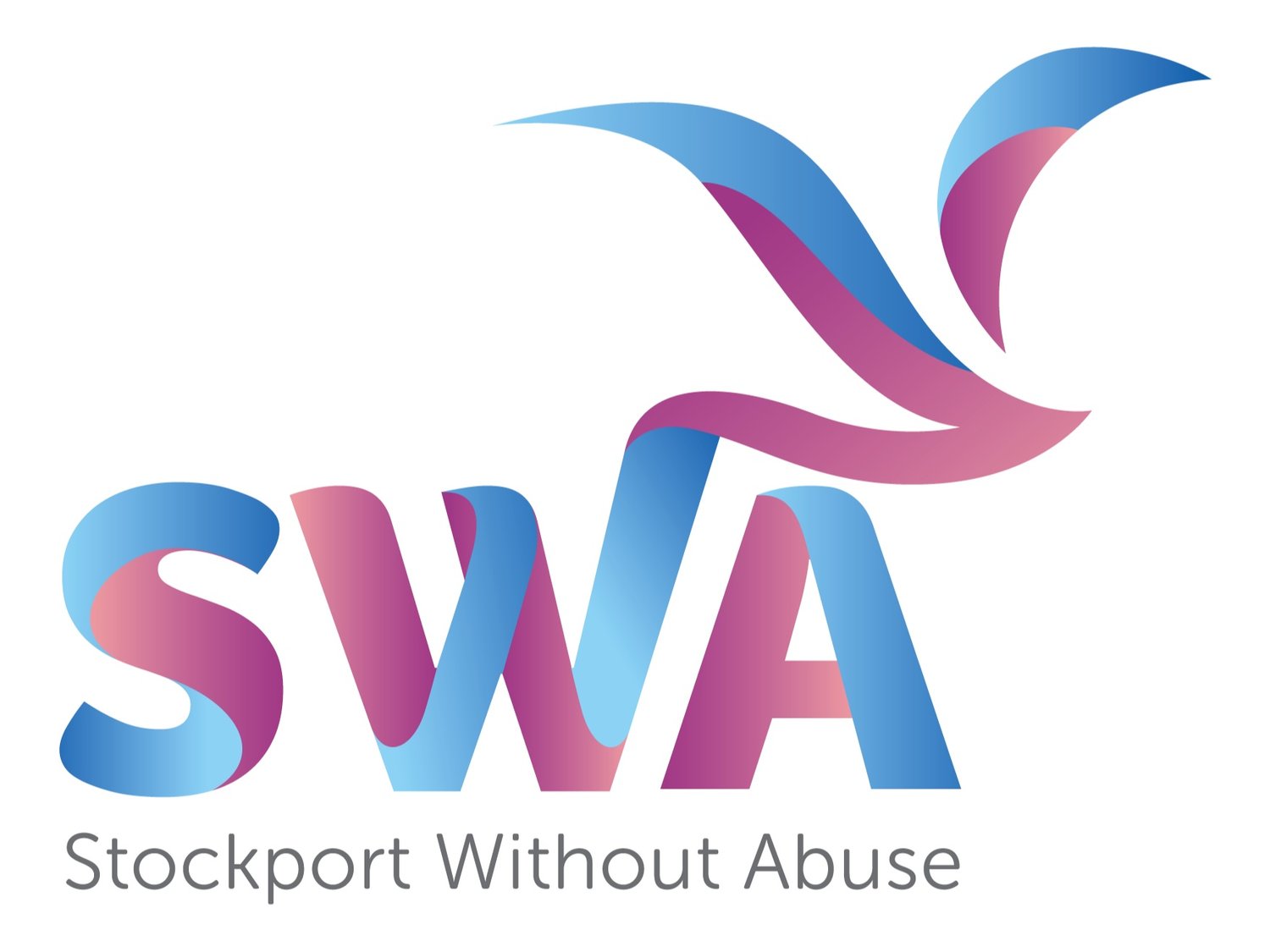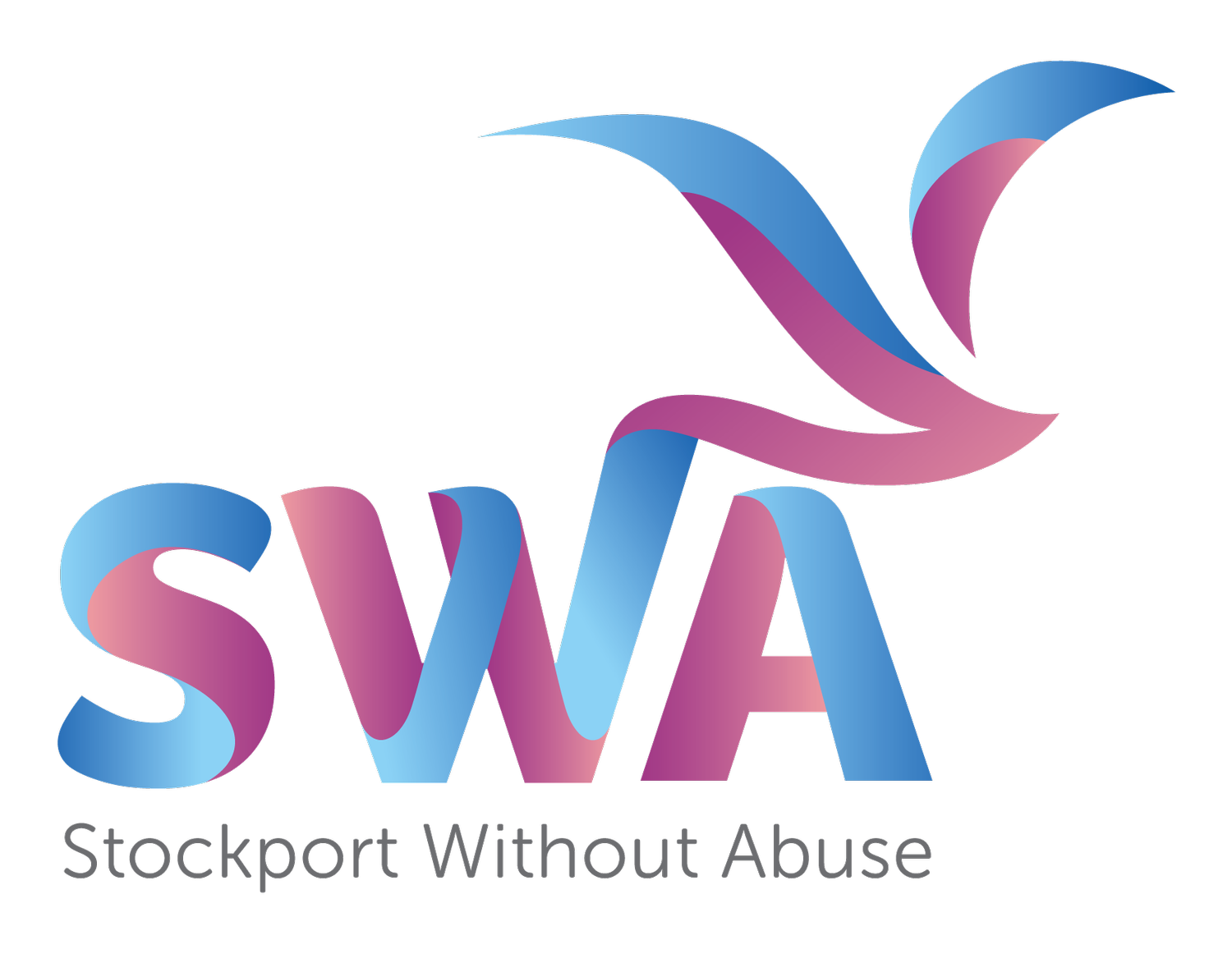Non-fatal Strangulation and Non-fatal suffocation
Non-fatal strangulation is a form of physical abuse in which an individual's air supply is intentionally restricted, often by another person using their hands or an object. This act can lead to immediate danger and long-term health consequences, including brain injury, psychological trauma, and sometimes death. Non-fatal strangulation is a criminal offence.
Section 70 Domestic Abuse Act 2021 (DA Act 2021) introduced the offences of non-fatal strangulation and non-fatal suffocation. Schedule 2, paragraph 4 DA Act 2021 introduced the offence of racially or religiously aggravated non-fatal strangulation or non-fatal suffocation. The offences came into force on 7 June 2022.
Strangulation is not a sexual act, it is violence.
The common methods of non-fatal strangulation are:
manual – one or two hands held around the neck of a person
chokehold or head lock – external pressure applied by an arm around the neck
ligature – for example a scarf or belt tightened around the neck
hanging
pressure on the neck from a foot or knee
The above list is not exhaustive.
Methods of non-fatal suffocation could include:
putting a hand over the mouth and nose
compressing the chest
any other force or suppression applied to a person to cause a restriction of breath
The above list is not exhaustive: the legislation is widely drafted to include someone who ‘does any other act’. Therefore, any action that causes a person to be deprived of air which affects their normal breathing could be considered to fall within the definition.
Recognising signs of non-fatal strangulation is essential for taking steps to protect yourself. Here are some common signs to be aware of:
Physical Injuries: Bruising, redness, swelling, or visible marks around the neck or throat.
Breathing Difficulties: Shortness of breath, difficulty swallowing, or hoarseness.
Neck Pain: Persistent neck pain, discomfort, or stiffness.
Voice Changes: Changes in vocal quality, such as a raspy or weak voice.
Memory Loss: Memory lapses or cognitive difficulties, including trouble concentrating.
Seeking Help and Protection:
If you have experienced non-fatal strangulation, or have concerns about this behaviour it is vital that you seek help and support.
Medical Attention: Seek immediate medical attention even if you do not exhibit severe symptoms. Non-fatal strangulation can cause internal injuries that may not be immediately apparent.
Report to Authorities: Non-fatal strangulation is a criminal offence, and support is available. Report the strangulation to the police. Provide as much detail as possible about the incident and any visible injuries.
Obtain a Protective Order: Consult with a solicitor or advocate about obtaining protection from the perpetrator.
Safety Plan: Develop a safety plan with professionals to ensure your well-being, including changing locks, varying routines, and considering personal alarms.
Seek Counseling: Seek counseling or therapy to address the emotional trauma and psychological impact of non-fatal strangulation.
Non-fatal strangulation is a dangerous form of physical abuse with serious physical and psychological consequences. Remember, you are not alone, and help is available. Reach out to the resources and support networks in your community to start your journey toward safety, recovery, and a life free from abuse. Your health, well-being, and peace of mind deserve to be protected and preserved.

